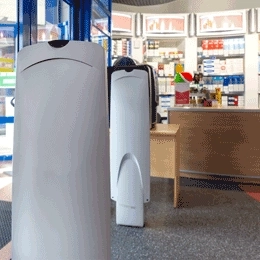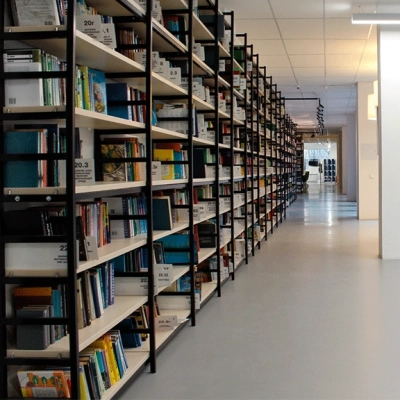
01
Library Digitization
Libraries have an immense catalog of documents, books, magazines, and other consumable products that require an efficient and up-to-date cataloging system to keep up with new acquisitions and ensure that users can find what they're looking for.
RFID technology offers multiple benefits in cataloging and organizing materials in libraries. It significantly improves efficiency as books and other materials can be registered and organized more quickly and efficiently than with traditional methods.
Moreover, with RFID identification, inventories can be conducted faster and more accurately, allowing for the scanning of bookshelves in a short amount of time, identifying each item, and detecting any errors in the materials' placement.
02
Automatic Loans and Returns
The implementation of RFID technology in libraries makes a difference in the management of loan and return of materials, significantly improving the efficiency and accuracy of the process.
RFID systems enable the automation of loans and returns, allowing users to perform these operations autonomously. This functionality not only relieves the workload of library staff but also provides a faster and more accessible service for users.
Another notable benefit is the ability to update the status of these materials at the moment the loan or return is made and to provide all users with real-time availability, optimizing library management and enhancing the user experience.
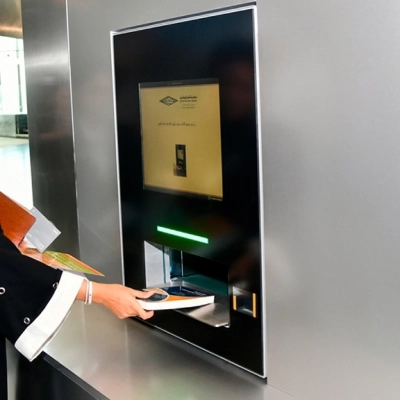
Management RFID for libraries

Identification
At Dipole, we manufacture RFID tags to be able to identify books, documents, magazines, and other materials offered in libraries.

Detection
We develop specialized hardware designed to enable comprehensive management of all processes in a library.

Management
At Dipole, we connect the entire RFID solution with Lama, our own software, to be able to manage all the information generated with RFID.
Benefits of RFID Technology for Libraries
Localization of books, magazines...
RFID technology allows us to have precise localization of any item in the libraries.
Automated loans and returns
Users can perform loans and returns autonomously using self-service stations.
Anti-theft control in libraries
Sensors located at the exits detect any item that has not been registered for loan, reducing the risk of material loss.
Improves customer experience
The localization of books, the ability to check the availability of a copy, and the efficiency in the loan and return processes contribute to a highly satisfactory user experience.
Automated Inventories
We will be able to have the inventory of all products in a short time and effortlessly.
Reducing material wear and tear
Since the specimens are identified with RFID tags, they don't need to be manipulated as much for inventories or searching for other specimens, reducing material wear and tear.
Information between libraries
By having all the information digitized, we will have real-time access to information from other libraries.
Integration with ERP
Our software Lama can be integrated with other management systems or CRMs to have access to all the information.
RFID Solutions for Libraries
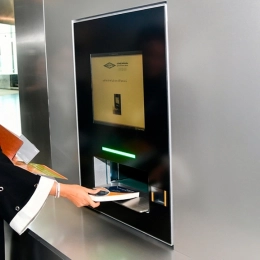
Loans and Returns

Automated Inventories
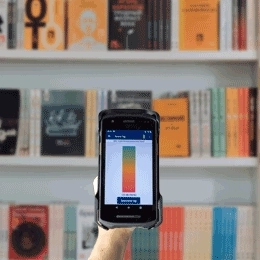
Item Localization
